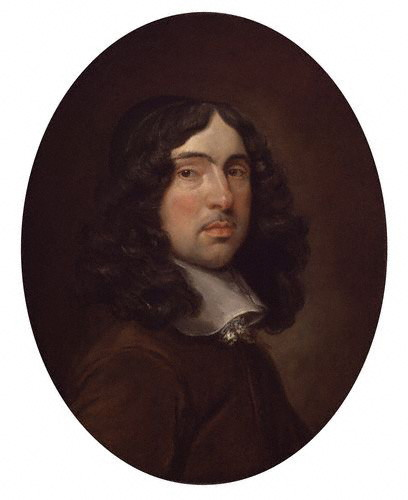Welcome to my Blog,
This blog is created as part of my B.A. studies. This blog is more than a digital journal; it's a dynamic tapestry where ideas, reflections, and the vibrant hues of learning converge.
Andrew Marvell
Andrew Marvell, born in 1621, emerged as a distinguished English poet, celebrated for his contributions to Metaphysical poetry. Despite his initial political prominence overshadowing his literary standing, Marvell's reputation has undergone a significant reevaluation in the 20th century. Educated at Hull Grammar School and Trinity College, Cambridge, Marvell's promising academic career was potentially cut short by his father's death in 1641. Marvell spent considerable time abroad, presumably as a tutor, before returning to England to tutor Mary, the daughter of Parliamentary General Lord Fairfax, during which period he likely penned notable works like "Upon Appleton House" and "The Garden."
Marvell's political allegiance evolved over time, and he became an assistant to John Milton in 1657, serving as Latin secretary in the foreign office. Following the restoration of Charles II in 1660, Marvell transitioned to political verse satires and prose, critiquing figures like Lord Clarendon. His advocacy for religious tolerance and criticism of monarchical power became evident in his writings. Marvell's influence extended beyond literature; he played a role in securing Milton's release from prison and contributed to Milton's Paradise Lost. Although Marvell's political legacy has diminished, his small body of lyric poems, notably "To His Coy Mistress," has garnered increasing recognition, positioning him as one of the notable poets of the 17th century.
To His Coy Mistress
"To His Coy Mistress" by Andrew Marvell is a carpe diem poem that explores the themes of love, time, and mortality. The poem, most likely written in the 1650s during the English Interregnum but published posthumously in the 1680s, employs a persuasive tone as the speaker addresses his "coy mistress." The central idea is to encourage the young woman to seize the pleasures of life before time and death intervene.
The poem begins with the speaker expressing the theoretical extent to which he would lavish praise on every part of the mistress's body if they had limitless time. However, the speaker introduces the harsh reality that time is not infinite and urges the mistress to act on her desires now. The tone shifts as the speaker vividly contemplates the inevitability of death, introducing a sense of urgency. Death becomes a dominant theme, displacing the initial erotic energy with a sense of dread. The poet skillfully constructs an argument, acknowledging the constraints of mortality and emphasizing the fleeting nature of life. In the end, the poem serves as a reflection on the transient beauty of youth and the importance of seizing the present moment for love and pleasure.






No comments:
Post a Comment